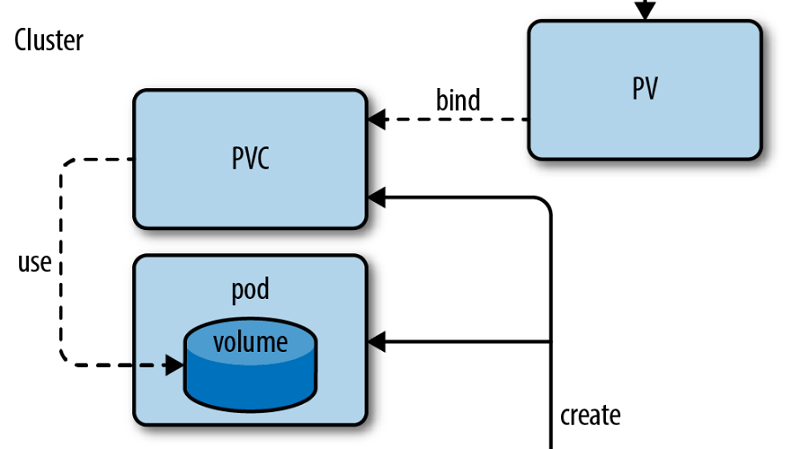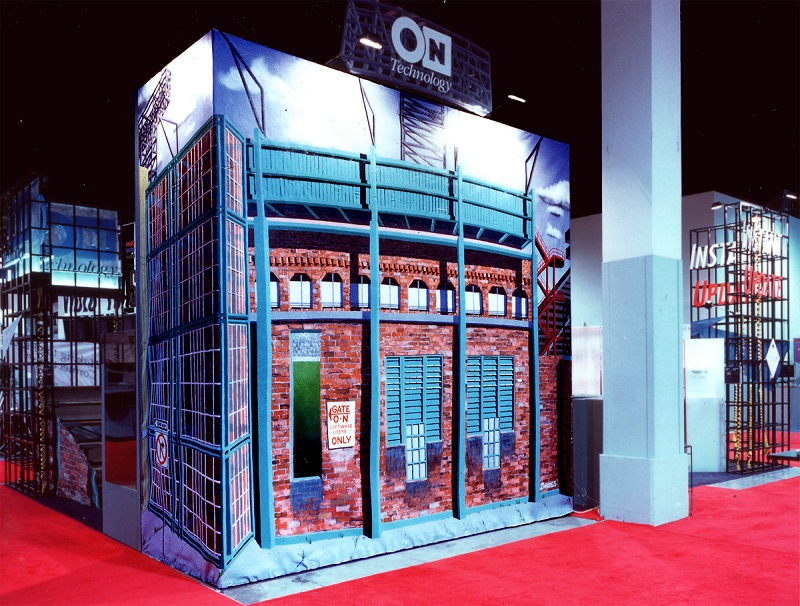While our collective view may be that glass is the finest material for windows, choices in plastic have several advantages. Several different types of plastic may be used as glass window alternatives. To see how acrylic/plexiglass and polycarbonate compare to normal window glass, we’ll look at two distinct plastics, acrylic/plexiglass and polycarbonate.
Why Should You Use Acrylic Instead Of Glass Windows?
Acrylic, often known as plexiglass, is becoming increasingly popular as a replacement for glass windows. Waterproof acrylic windows have long been used in manufacturing, but plexiglass acrylic sheets are becoming increasingly popular among business owners and some homeowners. Acrylic plastic’s appeal is primarily due to the rising awareness of the numerous advantages of acrylic plastic over glass windows.

- Cheaper: Acrylic sheeting is less energy and cost-effective to manufacture than glass alternatives. Transporters may also transport the plastic at a lower price since its lightweight.
- Stronger: Acrylic plastic sheets have 17 times the impact strength of normal glass. It takes a lot more direct force to break plexiglass sheeting. When compared to glass, plexiglass provides significantly better protection in areas prone to storms or tornadoes.
- Safer: Acrylic plastic windows are clear, but they can break after a while or with enough force. Acrylic plastic windows, unlike glass, do not shatter into a thousand tiny shards of sharp, hazardous glass.
- Easier to Use: Glass is too fragile, inflexible, and hefty to use for making one-of-a-kind, large-scale forms and components in architectural projects.
- Better Light Transmission: You might be shocked to learn that clear acrylic sheets are more transparent than glass. Clear acrylic sheets allow for greater than 90% light penetration, according to some tests!
- More Special Qualities: Acrylic sheeting is the most adaptable sort of plastic available! Acrylics come in a variety of colours, styles, and designs to suit your preferences. Mirrored, coloured, fluorescent, abrasion-resistant, light-diffusing, anti-static, bullet-resistant UV-filtering are just a few of the many special kinds of acrylic available. Acrylic has also been used to make glass block windows.
Why Polycarb Windows Are Solid Glass Alternatives
Polycarbonate sheeting was developed to satisfy industrial needs due to the restrictions of glass and acrylic sheeting in certain settings and demanding applications.
Schools, subways, bus shelters, and psychiatric hospitals required a window covering with high impact protection, structural strength, and design adaptability. Although acrylic and glass windows are more expensive, polycarbonate plastic windows are far better. Here are some of the reasons why Polycarbonate is a superior alternative to glass windows especially other forms of plastic windows:
- 250x Stronger Than Glass: Windows made of polycarbonate are also 30 times more durable than acrylic. Clear polycarbonate plastic has an exceptional degree of impact resistance, but it is just as transparent as glass. The Clear Welded Safety Glass System delivers a margin of safety that no other clear glazing material on the market can match.
- Superior Structural Support: Polycarbonate sheets are lighter than glass, yet they require less structural support than any other glass construction. When it comes to demanding architectural tasks, such as building a high-rise or constructing an outdoor amphitheatre, glass and acrylic materials are structurally limited. Polycarbonate plastic sheets, on the other hand, overcome many other plastic and non-plastic materials that have failed.
- Design Flexibility On-Site: Glazing, on the other hand, is relatively easy to work with. Acrylic and glass are moulded before being installed; however, polycarbonate sheeting can be cut or cold-formed on site.















